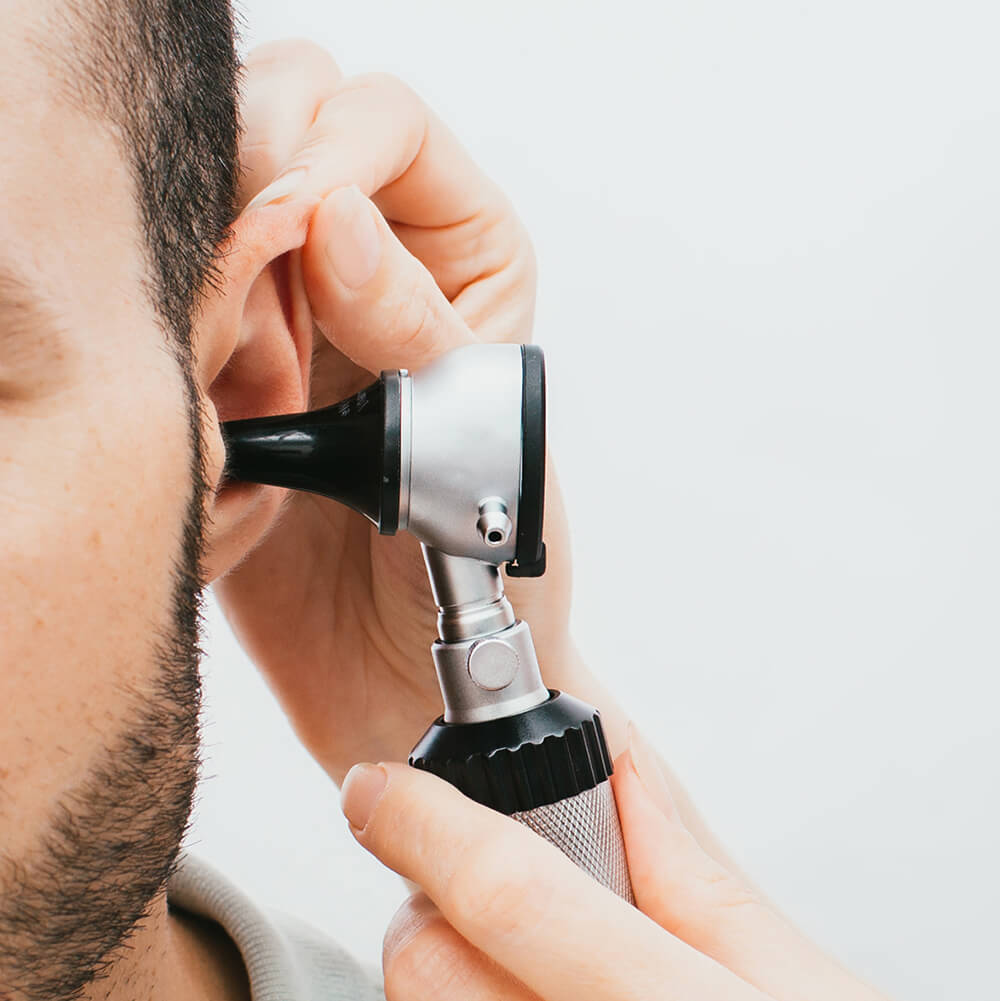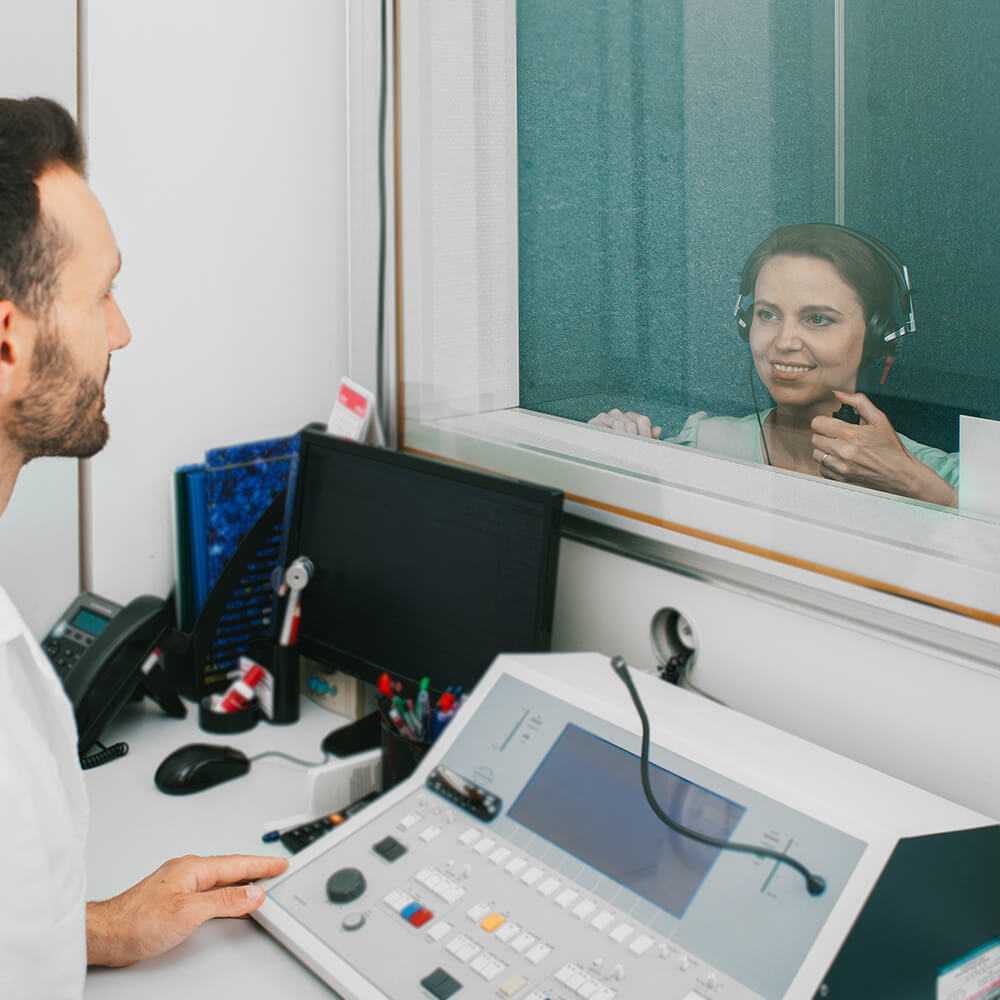Hearing Test
Are you thinking about taking a hearing test but aren't sure what to expect? If you have current hearing issues or are over 60 years old, healthcare practitioners suggest having a hearing test once a year. Hearing tests are non-invasive, fast, and painless. Schedule a free hearing test with us in Seattle, WA. Here's an example of what to expect from a hearing test with us.

A case history
We'll start by asking you a series of questions to understand your hearing situation better. Since there are so many causes of hearing loss, we'll look for evidence to rule these out one by one. Allergies, colds, ear infections, and earwax are some familiar sources of hearing loss. We'll ask you questions to see if you have any of these issues. We may also want to know whether you're on any drugs and whether you've recently been subjected to loud noises.

An ear exam
A regular physical ear examination with an otoscope typically follows the initial consultation. An otoscope is a device that looks like a cross between a flashlight and a microscope, and we use this to inspect your ear canals for blockages or injuries. It usually takes just a few minutes and is minimally invasive.

Hearing test
It's now time to take a hearing tests! We conduct these tests in a small space designed to keep out external noises that may influence the test results. You'll be given headphones with wires hanging from them that are connected to an instrument called an audiometer.
- A pure-tone test is usually the first step. You will listen to sounds at different frequencies and volumes in one or both ears during this exercise. If you hear the sound, you push a button.
- A speech recognition test will be next. This requires you to repeat what has been said after hearing brief snippets of people speaking.
These tests are used to determine the degree of hearing damage and whether the person's hearing can perceive high frequencies and low frequencies. There may be other tests we conduct should we see the need.
Reviewing your hearing evaluation results
We will immediately record your results on an audiogram, a visual illustration of your hearing ability following your tests. It will have answers to questions such as: What is the quietest sound you can hear? What frequencies do you have trouble hearing? The results of a speech recognition test are usually viewed as a percentage.
If the test results show that hearing loss is present, the severity of the hearing loss will be shown on a scale:

- Mild hearing loss: You won't hear sounds between 26 and 40dB if you have moderate hearing loss. This indicates that you have difficulty hearing other people in noisy situations.
- Moderate hearing loss: If you can't hear sounds above 69 decibels, you have moderate hearing loss. It's tricky to understand some conversations with this level of hearing loss.
- Severe hearing loss: If you can't hear sounds between 70 and 94 decibels, you have severe hearing loss. If you don't have hearing aids, you'll have to rely on lip-reading, contextual cues, and body language to interact with others.
- Profound hearing loss: You won't hear anything below 95 decibels if you have significant hearing loss. This means that you won't be able to hear anything quieter than a Boeing 737.
Following the findings of your hearing evaluation, we will help you interpret them and make treatment decisions (if any). This is an ideal time to ask further questions about the results, as well as treatment options. It will take about an hour to complete the process.
A negative hearing test is never a wasted test. If the findings show no hearing loss, you will have the peace of mind to go on with your life as usual. We'll also give you helpful advice on how to keep your hearing intact. If the test reveals that you have a hearing deficiency, you can take action as soon as possible. Hearing treatment has been correlated with better social interactions, long-term cognitive wellbeing, and increased earning capacity, so having your hearing checked is a vital first step toward protecting your future health and quality of life. Schedule a Seattle hearing exam with us today.
